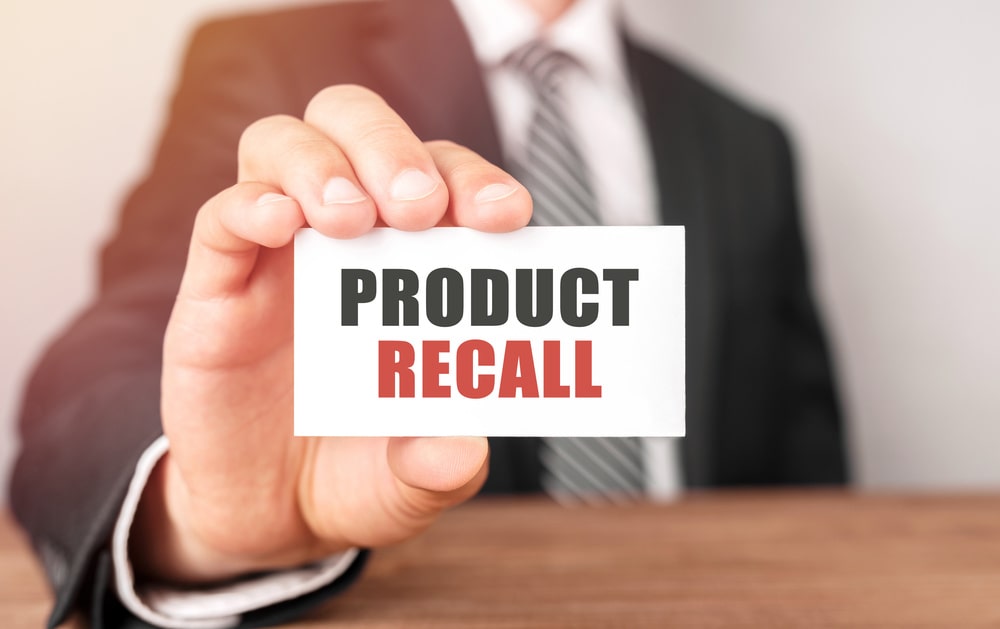IN THIS BLOG
WHAT PROTECTION DOES CONDOMINIUM INSURANCE OFFER?
WAYS TO SAVE ON YOUR CONDOMINIUM INSURANCE PREMIUM
FORECLOSING ON A CONDO/HOA MEMBER’S PROPERTY
IS FORECLOSURE THE BEST OPTION?
REFER TO YOUR HOA’S GOVERNING DOCUMENTS
UNDERSTAND APPLICABLE STATE AND FEDERAL LAWS
OBTAIN A REPORT FROM THE HOMEOWNER’S TITLE COMPANY
THE FORECLOSURE PROCESS
WHAT PROTECTION DOES CONDOMINIUM INSURANCE OFFER?
Crop insurance provides protection against losses due to weather and other perils for more than 100 crops across the country. Though it varies widely by policy and depends largely on the type of crop insured. Some examples of covered hazards include damages from adverse weather, natural disaster, insect infestation, disease, and wildlife damage. MPCI will never cover losses resulting from irresponsible farming practices, low prices or theft, though depending on the crop. Also, it may cover the costs of late planting, replanting, poor-quality yields, and low yields.
A. PROPERTY PROTECTION
A personal condominium/co-op policy will help to safeguard you from losses to your personal property and the interior of your unit. As such, you will need to estimate:
- The cost to repair or replace the inside of your home if it were damaged.
- The cost to replace the contents of your home
We recommend insuring your personal property for its replacement-cost value to help you replace yesterday’s purchases at today’s price tags.
B. LIABILITY PROTECTION
In addition to your belongings, the liability-to-others portion of your policy covers you against lawsuits for bodily injury or property damage that you or a family member—and some cases, pets—cause to other people. It pays for both the cost of litigation and any court awards, up to the limit of your policy, and covers you at home or away.
C. ADDITIONAL CONDOMINIUM INSURANCE COVERAGES TO CONSIDER
- Unit assessment coverage: This coverage reimburses you for the expense passed on to you by the association as long as the cause of loss was covered by the association’s policy.
- Sewer backup: This coverage insures your property for damage by the backup of sewers and drains (does not include flood protection).
- Flood or earthquake: These can strike anywhere, so it’s important to understand your risks and check into coverage options.
WAYS TO SAVE ON YOUR CONDOMINIUM INSURANCE PREMIUM
- Consider raising your deductible.
- Invest in a home security system.
- Update exterior locks to deadbolts.
- Install smoke alarms.
- Select an automatic payment method.
- Monitor your credit rating.
- Ask about our multi-policy discounts.
FORECLOSING ON A CONDO/HOA MEMBER’S PROPERTY
Recovering delinquent fees from members of a condominium or homeowners association can be a headache for the HOA’s board. Each homeowner shares a piece of the association’s operating costs; when they fail to pay their fees. Moreover, it prevents the HOA from paying its bills for property maintenance, renovations, and utilities in a timely manner. If a certain percentage of members are behind in their payments, the significant revenue drives HOAs to take drastic measures to stay afloat. In some cases, HOAs may force other homeowners to pick up the slack and cover the disparity. This may pursue legal action—such as a civil lawsuit or a foreclosure—against delinquent homeowners to recoup the debt.
IS FORECLOSURE THE BEST OPTION?
When an HOA forecloses on a homeowner’s property. Moreover, it will take—and usually, sell or rent out—the property in repayment for the unpaid fees and assessments. Before pulling the trigger on a foreclosure. It’s important to do preliminary research to ensure a foreclosure is the best and least risky option to recoup the debt.
REFER TO YOUR HOA’S GOVERNING DOCUMENTS
Your HOA’s bylaws should dictate your right to foreclose. They may also provide information on how to place a lien on the property. A lien allows the HOA to sell the homeowner’s property in order to repay overdue fees and assessments owed to the association. Its purpose is to compel the homeowner to pay their debt. It’s important to adhere to your association’s governing documents. Review your HOA’s accounting and bookkeeping records. Were all the overdue fees and assessments properly levied in accordance with your HOA’s bylaws? Keep in mind that the HOA could be sued by the homeowner. If assessments were improperly imposed or fees were actually paid by the homeowner but they did not record it properly.
UNDERSTAND APPLICABLE STATE AND FEDERAL LAWS
Debt collection and foreclosures are subject to state and federal laws based on the jurisdiction your HOA operates in. The laws regulate the following:
- The total amount of debt that the homeowner must accumulate before the HOA can start the foreclosure process.
- The minimum length of time the homeowner must be delinquent in payments before the foreclosure process can be started.
- The number of days’ notice the HOA must give the delinquent homeowner to repay the debt before proceeding with the foreclosure process.
OBTAIN A REPORT FROM THE HOMEOWNER’S TITLE COMPANY
The homeowner also has rights, and the HOA board will want to understand his or her stake in the process. If the homeowner still resides on the property and has a considerable amount of equity in it, pressure from the HOA usually compels payment. However, there is also the risk that the homeowner will sue all involved after the foreclosure, even if your HOA executed it flawlessly. How much equity does the homeowner have in the property? One way to figure this out is to obtain a comprehensive report from the title company. Knowing how much equity the homeowner has in the property is a good indicator of how much he or she will fight to keep the home during the foreclosure process. A comprehensive report will include valuable information the HOA should consider before initiating the foreclosure process:
- The status of ad valorem taxes, tax suits or sales
- Mechanics liens
- Federal tax liens
- Foreclosure postings of prior liens
- Notices of bankruptcy, probate and divorce proceedings
THE FORECLOSURE PROCESS
Once you decide that a foreclosure is the best option to recover the unpaid fees and assessments, your HOA can start the foreclosure process. The steps listed below are a basic overview of the process and may differ from state to state.
1. APPLY FOR ALIEN
First, the HOA must apply for a Claim of Lien against the homeowner’s property. What’s important to know is that there may already be existing liens from other sources—such as tax liens and mortgage liens—that may affect how much you can collect when the property is foreclosed.
2. NOTIFY THE HOMEOWNER
After placing a lien on the property, the next step is to notify the homeowner about your plans to seek foreclosure. The homeowner is given a certain amount of time—depending on that particular state’s requirements—to respond to the notice and repay the debt before the HOA can proceed with the foreclosure.
3. JUDICIAL VS. NONJUDICIAL FORECLOSURE
After placing a lien on the property and giving the homeowner the proper notification, typically the HOA must then follow “judicial” foreclosure proceedings. A judicial proceeding requires HOA to obtain a court order to sell the homeowner’s property. There are also “nonjudicial” proceedings, which allow an HOA to take the homeowner’s property and sell it at an auction without a court order. Nonjudicial foreclosures are only allowed in certain states.
4. WHEN TO ACCEPT A REPAYMENT PLAN
At any time before the home is sold, the homeowner can stop the foreclosure process by paying all overdue, interest and legal fees owed to the HOA. In some cases, a homeowner may want to work out a repayment plan with the HOA. You can choose to accommodate the homeowner, as long as you have the best interest of the rest of the association in mind. Before agreeing to a repayment plan, you may want to consult a legal professional.
5. MAINTAIN PROFESSIONALISM
Unpaid dues and abandoned or foreclosed homes can cause tension in an HOA community. While emotions may run high, it’s important for the HOA board to maintain professionalism throughout the debt collection process. While it’s important to treat all HOA members fairly, there isn’t a one-size-fits-all approach for dealing with delinquent members. Your board may have to review and approach each case on an individual basis to determine what’s best for the HOA’s financial situation.
Be patient during the foreclosure process and double-check everything you do to make sure you’re in compliance with state and federal laws and your HOA’s bylaws. Expediency during the process could expose you to undue risks. For additional information about foreclosures and resources for other condo or HOA risks, contact NEWS Insurance Services today.




